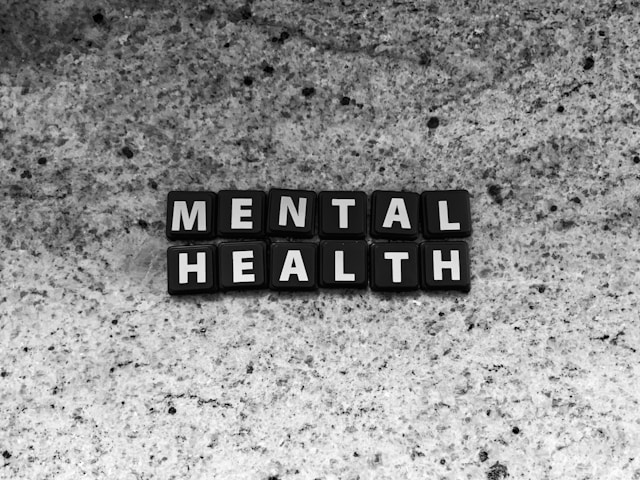
This post contains affiliate links.
When you buy something using these retail links, we may get a commission.
October is widely recognized as Mental Health Awareness Month in many parts of the world—a time to shine a light on issues that are often left unspoken. Anxiety and stress are two of the most common challenges people face today, affecting millions globally. While occasional stress is a normal part of life, chronic stress and anxiety can impact both mental and physical health if left unmanaged.
This month is an opportunity to open conversations, reduce stigma, and share practical strategies to cope more effectively.
Understanding Anxiety and Stress
-
Stress is typically a response to external pressures—like work deadlines, family responsibilities, or financial concerns. Once the situation resolves, stress often eases.
-
Anxiety, on the other hand, is more persistent. It involves excessive worry or fear, often without a clear trigger.
While different in nature, both stress and anxiety activate the body’s “fight or flight” response, raising cortisol levels, increasing heart rate, and affecting sleep, focus, and mood. Over time, unmanaged stress and anxiety can weaken the immune system, disrupt digestion, and even raise the risk of heart disease.
Coping Strategies for Stress and Anxiety
1. Mindful Breathing and Meditation
Even five minutes of focused breathing can help calm the nervous system. Apps like Headspace or Calm can guide short meditation practices that ground you in the present.
2. Physical Activity
Exercise is one of the most effective natural stress relievers. Activities like yoga, walking, or strength training release endorphins, improve sleep, and boost resilience against anxiety.
3. Healthy Nutrition
A balanced diet can stabilize mood. Focus on whole foods, omega-3-rich fish, leafy greens, and magnesium-rich snacks (like nuts and seeds). Limit caffeine and sugar, as they can worsen anxiety symptoms.
4. Restorative Sleep
Poor sleep both causes and worsens anxiety. Practice good sleep hygiene: stick to a regular schedule, avoid screens before bed, and create a calming bedtime routine.
5. Social Support
Sharing your feelings with trusted friends, family, or support groups can lighten the burden. Remember, you’re not alone—and opening up can also encourage others to share.
6. Limit Information Overload
Constant exposure to news or social media can heighten stress. Designate “digital-free” times during the day to give your mind a break.
7. Professional Support
If anxiety or stress interfere with daily life, speaking to a therapist, counselor, or healthcare provider can make a big difference. Cognitive Behavioral Therapy (CBT) and mindfulness-based therapy are particularly effective.
The Importance of Breaking Stigma
One of the biggest challenges in addressing anxiety and stress is stigma—people often feel they should “just deal with it.” Mental Health Awareness Month encourages us to normalize conversations about mental well-being, just as we do about physical health. Recognizing symptoms early and seeking help is a sign of strength, not weakness.
Final Thoughts
Stress and anxiety are part of the human experience, but they don’t have to control our lives. By practicing self-care, building supportive connections, and seeking professional help when needed, we can foster resilience and protect our mental health.
This October, let’s not only raise awareness but also take action—caring for ourselves and checking in on others.